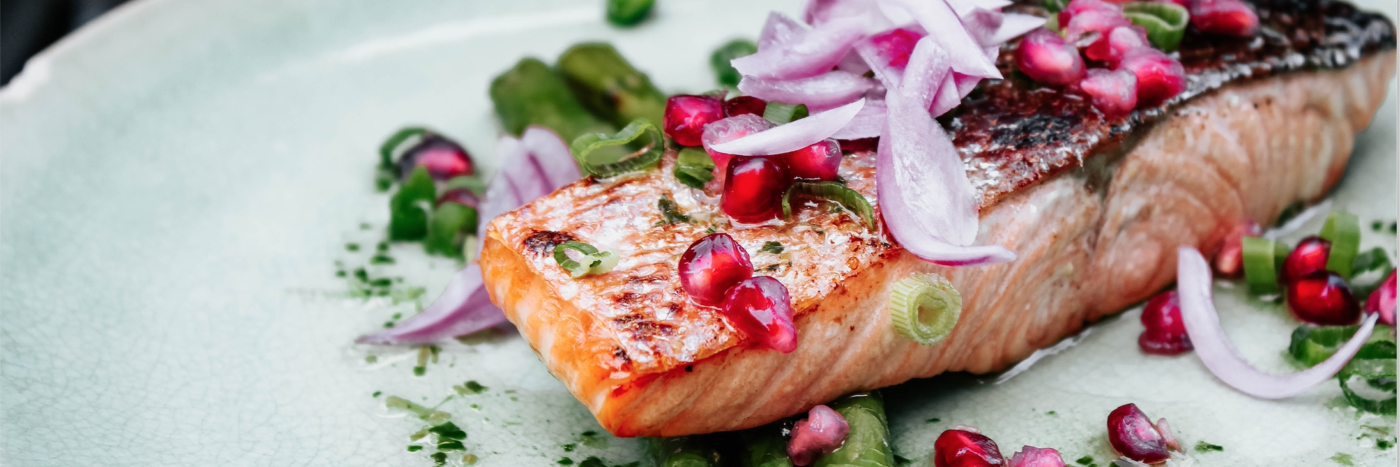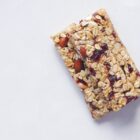
Using food to ease our emotions is nothing new. After all, who hasn’t grabbed a slice of pizza, piece of candy, or a pint of ice cream after a hard, stressful day? Well, you should know some foods offer more than just an instant relief from stress. To ease your worry and increase your ability to deal with stress, follow these tips.
Up your intake of fruits and veggies.
A high intake of fruits and vegetables may help improve mood and prevent mental disorders such as depression and anxiety. A study from the University of Otago found that people felt calmer, happier, and more energized on days in which they ate seven to eight servings of fruits and vegetables compared to days in which they consumed less. The findings also showed that eating plenty of fruits and veggies one day was linked to a positive mood boost the next day as well.
Fruits and vegetables contain powerful nutrients which help to calm our nervous system and stabilize our emotions. Aiming for seven to eight servings of fruits and veggies per day is nature’s best medicine for staying mentally well.
Sip on green tea.
Green tea is good for your health both physically and emotionally. A Japanese study conducted with over 40,000 people found that those who drank at least five cups of green tea per day had significantly lower levels of psychological stress compared to those who drank less than one cup per day.
Theanine, an amino acid in green tea, is thought to improve mood by increasing our levels of serotonin and dopamine. Sip on a few cups of green tea per day (up to five) to help keep you grounded and level-headed.
Load up on Omega-3s.
Omega-3 fatty acids help improve concentration and restore emotional well-being. A study from Ohio State University found that medical students receiving omega-3 fatty acids had a 20 percent reduction in anxiety compared to students who did not intake omega-3s. Research also points to omega-3 fatty acids ability to ease depression, reduce self-harm, and lower the incidence of mental disorders.
To keep your nerves calm and your focus strong, load up on foods rich in omega-3 fatty acids, such as salmon, walnuts, flaxseed, and chia seeds. You could also take up to 2 g/day of EPA and DHA combined in supplemental form.
- Eating Behavior (42)
- Grocery Shopping Tip (8)
- Gut Health (36)
- Healthy Eating (47)
- Low FODMAP (13)
- Nutrition Articles (31)
- Recipes (27)
- Uncategorized (4)


